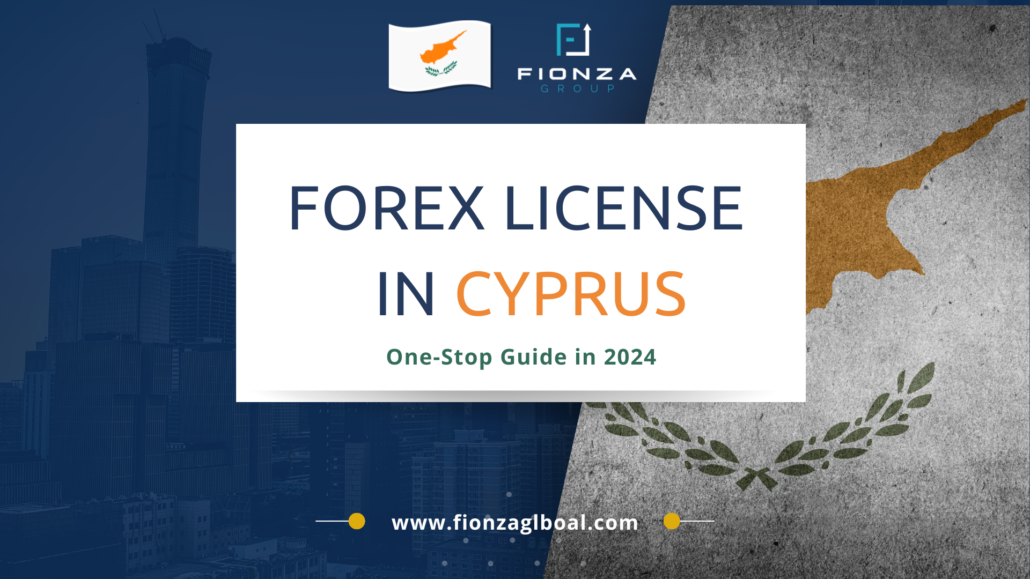Obtaining a forex license in Mauritius presents a lucrative opportunity for brokers and traders aiming to establish a strong presence in the global forex market. With its status as a reputable financial hub in the Indian Ocean region, Mauritius offers favorable conditions that attract many individuals seeking to operate in this sector. This showcases reliability and builds trust among clients, partners, and investors alike.
Benefits of Acquiring a Forex License in Mauritius:
Acquiring a forex license in Mauritius offers numerous strategic advantages for businesses operating in the forex sector, highlighting the nation’s status as a global financial center:
- Reputable Financial Landscape: Mauritius is renowned for its transparent and reputable financial environment.
- Advanced Infrastructure: The country boasts cutting-edge telecommunications and robust banking systems.
- Rapid Financial Sector Growth: Mauritius is witnessing rapid expansion in its financial services sector.
- Regulatory Support: The Financial Services Commission (FSC) provides clear guidelines and assistance to licensed entities.
- Corporate Confidentiality: Statutory guarantees ensure the confidentiality of corporate information.
- Low Share Capital Requirement: There’s a relatively low share capital requirement for obtaining a license.
- Tax Advantages: Non-resident foreign entities enjoy 0% taxation, while offshore companies face a minimal corporate tax rate of 3%.
- Double Taxation Mitigation: More than 30 agreements are in place to address concerns regarding double taxation.
- Financial Flexibility: Businesses benefit from the freedom of financial maneuverability and capital movement.
- Remote Operations: Companies have the flexibility to oversee their operations from a distance.
- Efficient Registration Process: Company registration typically takes 3-4 weeks, with license issuance completed within approximately three months.
Acquiring a forex license in Mauritius offers businesses a robust platform to thrive in the global forex market, backed by favorable regulatory conditions and a supportive business environment.
Mauritius Forex License Regulatory Overview:
Navigating the regulatory landscape for obtaining a forex license in Mauritius involves understanding the role of the Financial Services Commission (FSC) and key legislations governing the financial sector:
Financial Services Act of 2007: This legislation sets out regulations for financial sector companies, mandating FSC licensing and compliance with rigorous audit, transparency, and risk management standards.
Securities Law of 2005: Responsible for overseeing the securities market, this law requires entities to meet authorization standards, ensure transaction transparency, and report on securities activities.
Anti-Money Laundering and Combating the Financing of Terrorism (AML/CFT) Act of 2009: Introducing measures against financial crimes, this act mandates regulated entities to conduct due diligence, monitor transactions, and report suspicious activities.
To provide forex trading services, companies must obtain a brokerage license in Mauritius. This license permits the conduct of currency transactions and trading in precious metals. Additionally, there’s the option of acquiring an international business license (CBL1) from the FSC, demonstrating a company’s global activities and ensuring investor protection for transactions in non-Mauritian currencies.
Understanding and adhering to these regulatory frameworks is essential for businesses seeking to operate in the forex market in Mauritius.
Capabilities Enabled by a Mauritius Forex License
- Securing a brokerage license in Mauritius from the Financial Services Commission (FSC) empowers firms in the Mauritian financial sector with diverse operational capabilities. Here’s how obtaining this license enables a company to:
- Offer personalized portfolio management services.
- Engage in securities trading for eventual sale.
- Deliver expert investment counsel and strategy recommendations to clients.
- Facilitate transactions in various securities, including currencies, stocks, and other asset classes.
Mauritius offers various types of forex licenses through the Financial Services Authority, tailored to the specific needs of financial market participants. These licenses grant access to a wide range of market operations and financial transactions.
Key types of forex licenses in Mauritius include:
Investment Dealer License:
Allows operation of forex trading platforms along with exchange and trading services provision.
Capital Requirement: Approximately $22,500 (1,000,000 Mauritian rupees).
Application fee: $750 (7,500 MUR); Annual license fee: $2,500 (75,000 MUR).
Investment Advisor License:
Authorizes the offering of investment advice, market analysis, and trading strategy recommendations.
Capital Requirement: Around $22,500 (1,000,000 Mauritian rupees), similar to the Investment Dealer License.
Application fee: $750 (7,500 MUR); Annual license fee: $2,500 (75,000 MUR).
Global Business License (GBL):
Enables a broad array of financial activities, including forex trading and investment management.
Capital Requirement: Minimal, approximately 1 euro (45 Mauritian rupees).
Application fee: Approximately 460 euros (23,000 MUR); Annual fee: Approximately 1,800 euros (90,000 MUR).
These licenses offer firms flexibility and opportunities for growth in the Mauritian financial market, enhancing their competitiveness and ability to serve clients effectively.
Mauritius Forex Licenses
When pursuing a forex license in Mauritius, firms must adhere to a set of regulatory and procedural requirements. These include establishing a brokerage office, opening a corporate bank account, appointing two local Mauritians with financial expertise, and hiring key personnel such as an anti-money laundering officer. Additionally, a minimum capital deposit of $18,000 is mandatory.
Here’s an overview of the key steps and requirements for obtaining a forex license in Mauritius:
- Brokerage Firm Registration: Companies must register their brokerage firm and designate a registered office and company secretary.
- Local Presence: At least two Mauritius-resident directors must be appointed, along with other key personnel like an anti-money laundering officer and an accountant.
- Financial Documentation: Thorough financial documentation, including audited financial statements, must be prepared and maintained.
- Compliance: A strict anti-money laundering and anti-terrorist financing policy must be implemented, with regular audits conducted to ensure compliance.
- Licensing Process: The application process involves drafting necessary documents, such as the broker license application and AML/KYC policies, and submitting them to the Financial Services Commission (FSC). Ongoing communication with the FSC is required until the license is issued.
- Corporate Account Opening: Companies must open a corporate bank account in Mauritius, adhering to the bank’s risk appetite and the client’s AML policies.
- Business Plan: A comprehensive business plan detailing trading strategies, market analysis, and risk and compliance measures is necessary.
- Taxation: Mauritius offers tax incentives for brokerage companies, including a reduced corporate tax rate of 3% for offshore companies. Compliance with local tax laws is crucial to avoid fines or penalties.
The process of obtaining a forex license in Mauritius typically takes about three months, with licenses initially valid for one year. Renewal requires strict adherence to regulatory requirements and fee payments. Challenges may arise due to the rigorous regulatory standards and compliance obligations. However, professional advice and thorough preparation can help navigate these complexities successfully. Non-resident directors are allowed in Mauritius, but specific regulatory requirements may apply.





